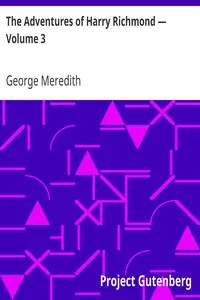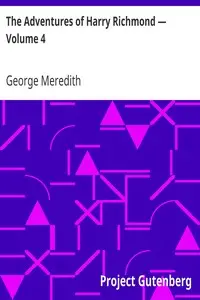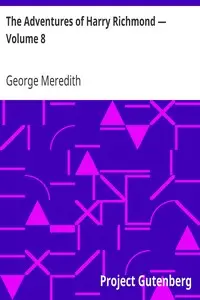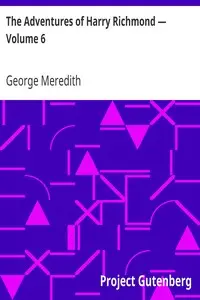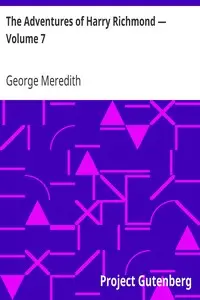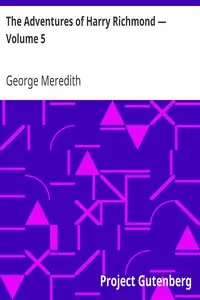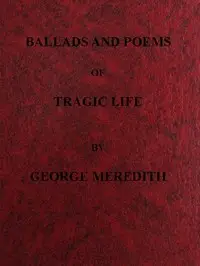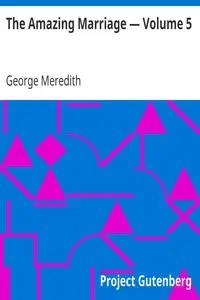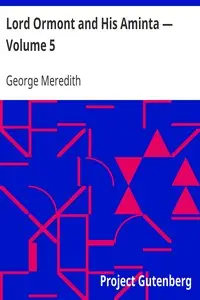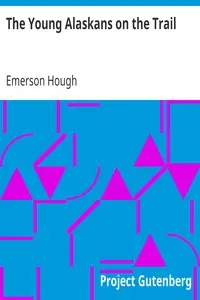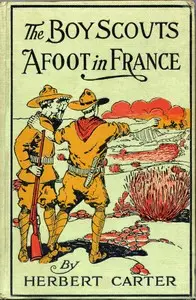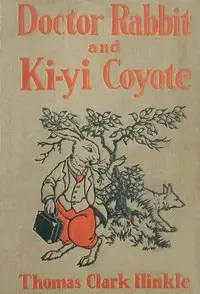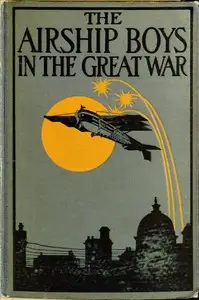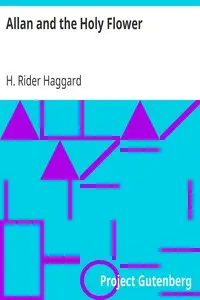"The Adventures of Harry Richmond — Volume 1" by George Meredith is a story set in the 1800s about a young boy named Harry Richmond who is in the middle of a family feud. Harry's dad, Mr. Richmond, shows up unexpectedly, wanting to be a part of his son's life, but Harry's grandfather, Squire Beltham, isn't happy about it. The story is about family drama, what society expects from people, and how Harry grows up while caught between his father and grandfather. The book starts at Riversley Grange, where we meet the squire and his family, and there's a commotion late one night when Mr. Richmond arrives. The squire is angry because of things that happened in the past, but Mr. Richmond wants to make up with his wife and son. This creates a difficult situation for Harry, who has to figure out his place in this complicated family.
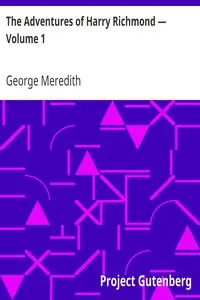
The Adventures of Harry Richmond — Volume 1
By George Meredith
Torn between a father's sudden return and a grandfather's bitter resentment, a young boy must navigate a web of secrets and expectations to discover who he truly is.
Summary
About the AuthorGeorge Meredith was an English novelist and poet of the Victorian era. At first, his focus was poetry, influenced by John Keats among others, but Meredith gradually established a reputation as a novelist. The Ordeal of Richard Feverel (1859) briefly scandalised Victorian literary circles. Of his later novels, the most enduring is The Egoist (1879), though in his lifetime his greatest success was Diana of the Crossways (1885). His novels were innovative in their attention to characters' psychology, and also portrayed social change. His style, in both poetry and prose, was noted for its syntactic complexity; Oscar Wilde likened it to "chaos illumined by brilliant flashes of lightning". Meredith was an encourager of other novelists, as well as an influence on them; among those to benefit were Robert Louis Stevenson and George Gissing. Meredith was nominated for the Nobel Prize in Literature seven times.
George Meredith was an English novelist and poet of the Victorian era. At first, his focus was poetry, influenced by John Keats among others, but Meredith gradually established a reputation as a novelist. The Ordeal of Richard Feverel (1859) briefly scandalised Victorian literary circles. Of his later novels, the most enduring is The Egoist (1879), though in his lifetime his greatest success was Diana of the Crossways (1885). His novels were innovative in their attention to characters' psychology, and also portrayed social change. His style, in both poetry and prose, was noted for its syntactic complexity; Oscar Wilde likened it to "chaos illumined by brilliant flashes of lightning". Meredith was an encourager of other novelists, as well as an influence on them; among those to benefit were Robert Louis Stevenson and George Gissing. Meredith was nominated for the Nobel Prize in Literature seven times.

